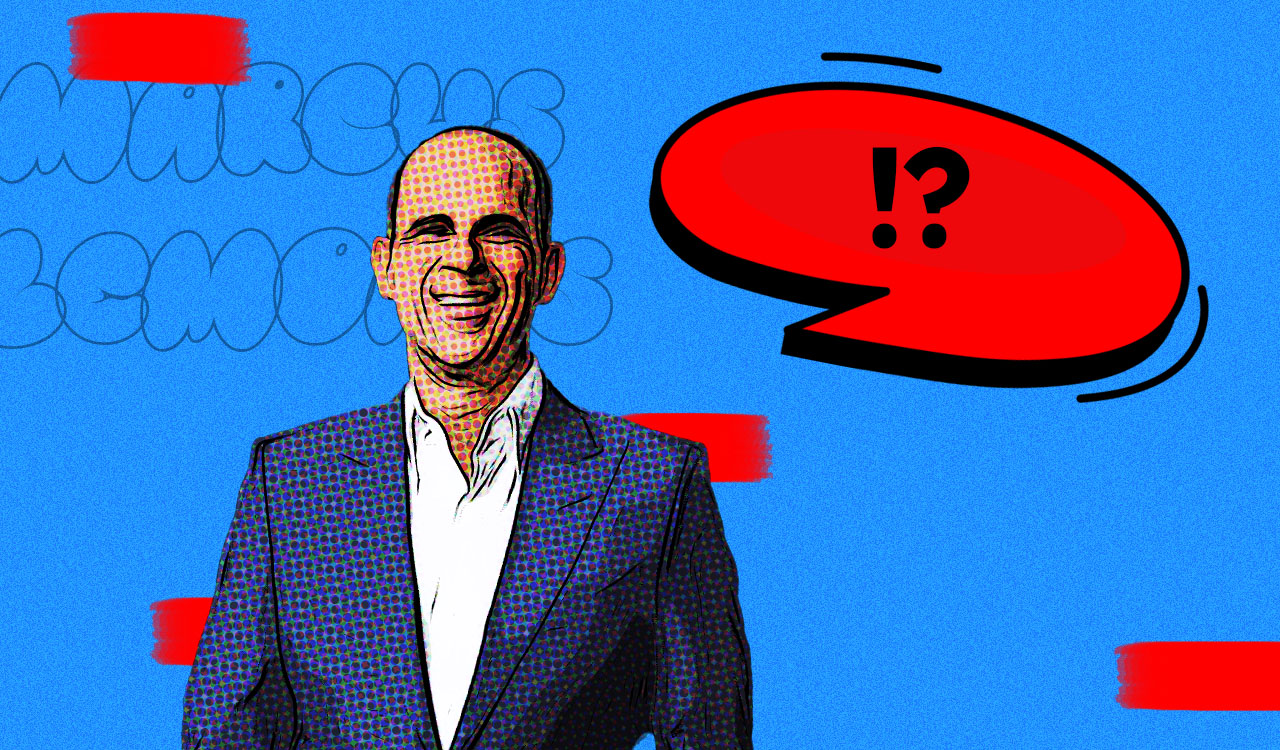Peloton has maintained its North Star by not compromising the customer experience for short-term profit goals. It is authentic, transparent, and true to its core mission. Peloton has changed the conversation about wellness and created a new model that fuses virtual and physical into a dynamic, disruptive brand. In partnership with SAP, The Robin Report is pleased to recognize Peloton as a 2021 Retail Radical.
There have been volumes written and spoken about the many permanent shifts in how we live, work and play, wrought by the Covid pandemic. Many of those changes were evolving prior to the pandemic, only to be accelerated by the pandemic’s impact. None would be more profound and universal than the work from home phenomenon. Indeed, Zoom has become a verb. With screen technologies, more efficient and productive work was possible and catalyzed many industries to adopt hybrid models with mixed schedules of remote and in-office time.
[callout]In 2019 John Foley stated that those who viewed Peloton as a fitness company, were thinking too small. He stated Peloton was an innovation company.[/callout]
Parallel to the WFH trend, and prior to the pandemic, health and wellness as a lifestyle was accelerating across the globe. Then in 2012, John Foley and co-founders launched Peloton with internet-connected stationary bicycles that enabled monthly subscribers to remotely participate in classes via streaming media. It took seven years for his dream to truly manifest.
In 2019 Foley said that those who viewed Peloton as a fitness company, were thinking too small. He stated Peloton was an innovation company. The strength of the brand is its power to build community. Connected virtually, members have a cult-like devotion to Peloton. And the brand has responded with proprietary hardware (treadmills, earbuds, and heart rate monitors. Even more community building, Peloton sells content through a monthly fee for livestreaming classes which go beyond bicycling and include yoga, meditation, and dance.
Then also in 2019, the pandemic hit. According to Jessica Kleiman, SVP, Global Communications at Peloton, “The pandemic taught us a tremendous amount. First and foremost, we witnessed the resilience and dedication of our team, who over the past 18 months probably worked harder than they’ve ever worked to meet the incredible demand for our products during Covid and the challenges we faced as a business. At the same time, we truly saw the outsized impact Peloton was able to have on millions of people worldwide who have relied on our instructors, classes, and community to help them take care of their physical, mental, and emotional wellbeing during a time when we’ve all needed it most. In a world where we haven’t been as able to interact with and connect with others in person as much as pre-pandemic, we’ve heard from our members that being able to replicate that sense of togetherness and camaraderie through our Bike, Tread and App has been a game changer for them.”
Their strategy paid off. Sales in 2020 skyrocketed 172 percent and shares were up 220 percent. Peloton has built a firm foundation for future success beyond the pandemic. As a subscription-focused business, Peloton maintains a continuous connection with its customers. By the end of 2020, it had 2.3 million active subscribers and that total was rising rapidly. Customers love Peloton\’s products and the fitness classes available via its subscriptions, as evidenced by the company\’s high net promoter scores and very low subscriber churn. Looking ahead, management aims to grow the subscriber base to 100 million by expanding into new markets and product lines while touting the convenience of working out at home and the superiority of its equipment over what most gyms offer. Meanwhile, Peloton announced the acquisition of Precor at the tail end of 2020. The deal gives Peloton a U.S. manufacturing footprint to mitigate supply chain delays, while also expanding its R&D capabilities and commercial sales force, amplifying its long-term growth potential.
“Peloton’s focus on continuous innovation has created an incredibly loyal base. A leader in health and wellness lifestyles, Peloton fuses virtual and physical experiences to deliver an experience that engages, challenges, and delights the Peloton community. A disrupter in the market, Peloton is well deserving to be recognized as a Retail Radical,” states Matt Laukaitis, EVP and Global GM, SAP Consumer Industries.
All brands are under pressure to stay ahead of the pack (in terms of the competition). Kleiman says, “Peloton pioneered at-home connected fitness nearly 10 years ago, and we’re not surprised that others are coming to recognize the category’s enormous potential. What makes Peloton unique extends well beyond a particular piece of technology: it’s our combination of best-in-class hardware, software, content, and community, which we don’t believe anyone else offers at the level we do. We continue to innovate across every front, such as launching new software features, expanding our fitness disciplines beyond the Bike and Tread, including Barre, Pilates, Dance Cardio and Boxing, introducing new music artist series, and partnering with like-minded brands like Spotify and Delta to reach new audiences. In addition, we listen to our extremely passionate community of more than six million members and try to respond to what they want out of their Peloton experience, which helps them stay engaged and motivated.”
So, indeed Peloton was in the right place and the right time. It was in a sweet spot no one could have imagined. The Robin Report and SAP could not pass on this industry disruptor. Peloton wins a place in the pantheon of The Robin Report Retail Radicals.




